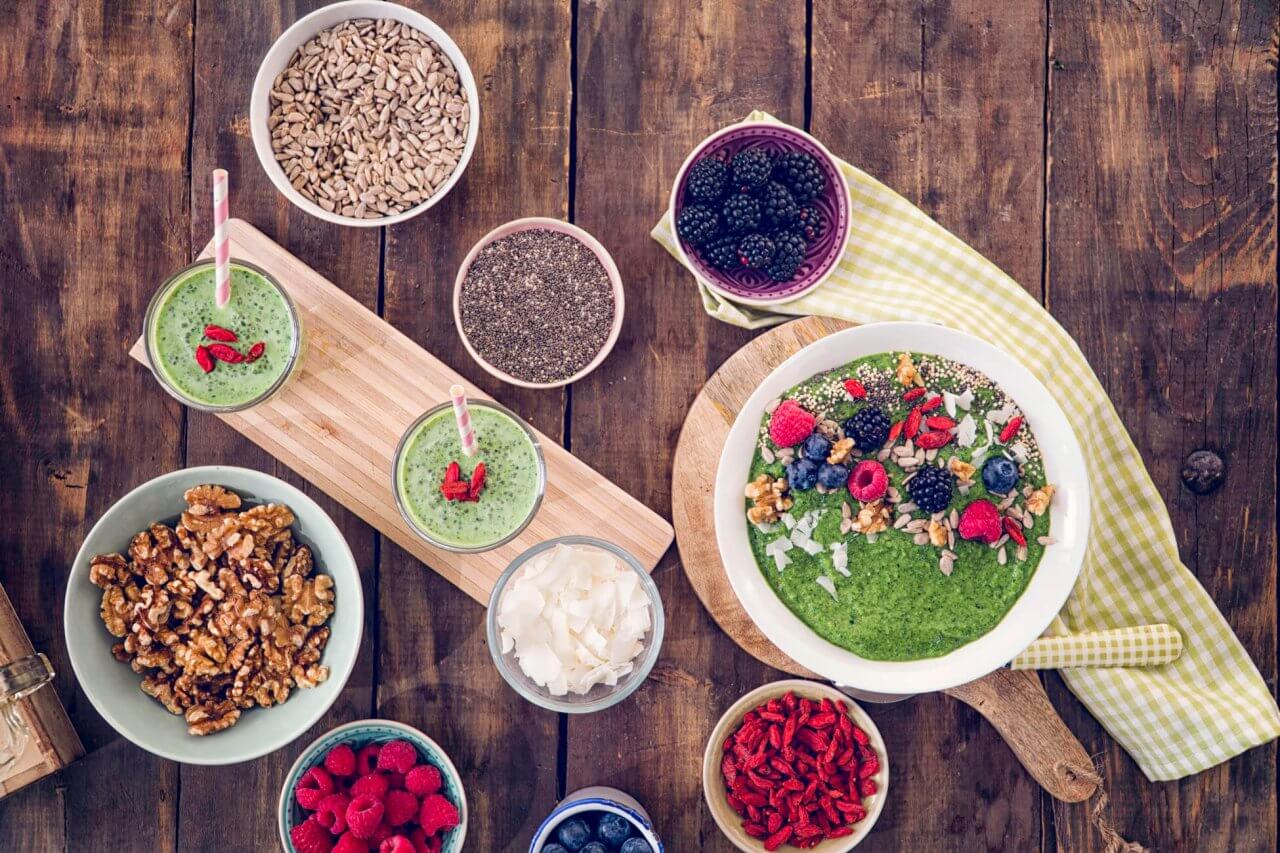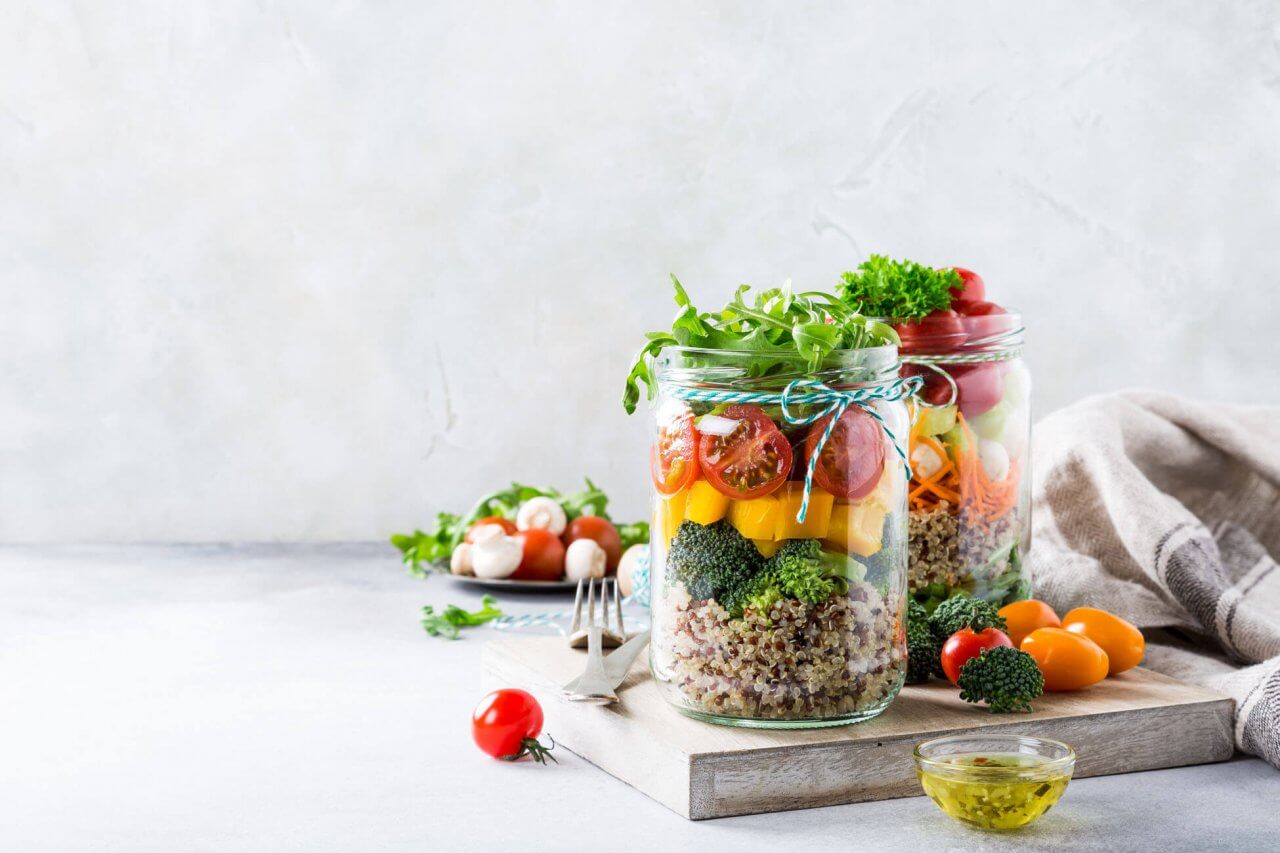Are superfoods just a fad? Or do they really have superpowers? There is no need to cross the globe to find food that is good for us. Actually, they are very familiar, we just need to take a closer look at them.
The phrase ‘superfood’ was born from the trend of moving away from drugs and going towards preventative medicine due to the rising incidence of diseases. There is no doubt that many foods from broccoli and kefir to spinach and legumes are not only delicious but have certain powers. The list grows every year. Some of the things discussed in recent years are a question of biology and their names are sometimes difficult to pronounce. Examples of this are quinoa, acai berries, chia seeds and phytoplankton. Some are a bit more familiar: Jerusalem artichoke, ginger and yoghurt.
In recent years, most nutritionists have been advocating the same things. They say that to eat healthily, all we have to do is look at what people who lived in our part of the world have been eating for centuries. Many of the foods that we have known from our mum’s cooking since childhood are in fact ‘superfoods’ that we could learn even more about.
One of the top superfoods discussed in recent years is fermented food. These foods have been consumed all over the world for thousands of years because they are both tasty and healthy, but we are just now starting to learn exactly how they affect our system. Korean kimchi, European sauerkraut, Russian kvass and Japanese miso are attracting more attention than ever. Fermented foods like natural pickles, pickled vegetables, yoghurt, sourdough bread and cheese are all in demand.



